The best cheap Android phones you can buy in 2020, ranked
It's 2020, and flagship smartphones are all nearly a thousand dollars or more. But as high-end phones get more expensive, cheaper phones are getting better. Phones under $300 are beautifully designed, with great screens, super-long battery life, excellent cameras, and awesome speakers. We've researched and ranked all of the best cheap Android phones you can buy, and with our buyer's guide, you'll find the perfect phone for you.
Best Overall: Moto G7
The Moto G7 and its other budget counterparts on this list have impressive, high-resolution touchscreens, reliable software, and great cameras. Some features, like NFC, drive up manufacturing costs, so you have to weigh whether you need NFC-enabled features like mobile payments. And the Moto G7 also lacks the same graphical power as its more expensive competitors, but most games play without issue, even at medium or high settings, because Android games are designed to play on hardware of all sizes and prices.
At the same time, Motorola's given the G7 a computational and memory upgrade, shipping the new Snapdragon 632 along with 4GB of RAM and 64GB of storage standard, numbers that would have been unheard of in a $300 phone just two years ago.
The Moto G7 has all the major features you need from a modern smartphone.
Motorola has had years of practice making the Moto G line into a budget powerhouse; when it designed the first Moto G back in 2013, it eschewed expensive materials like metal and glass and focused instead on the core experience. Starting in 2016, Motorola began finding ways to add essential features like fingerprint sensors, and now the Moto G7 is made from a premium-feeling and resilient plastic frame and is covered on the front and back with Gorilla Glass.
But while the Moto G lineup tends to use less expensive components and materials, Motorola's excellent manufacturing results in a device that does not sacrifice quality.
At the same time, Motorola understands its audience, which is why it includes a dual-camera setup to the Moto G7. The second camera adds depth effects like portrait mode without sacrificing the excellent pedigree of the primary 12MP sensor.
Finally, if you're in the U.S., the Moto G7 is one of the few sub-$300 phones to work on all four U.S. carriers, and it's even sold directly at a few carriers, another advantage of Motorola's long-standing relationship with companies like Verizon.
U.S. buyers take note: Motorola has announced the Moto G Stylus and Moto G Power, the 2020 versions of the company's Moto G line. While the Moto G7 is still a great buy, we would only recommend buying it for under $200 right now, and if you're not in a rush you may want to wait until spring 2020 for the new Moto G devices to launch.
Pros:
- Great build quality and design
- Excellent main rear camera
- Compatible with all major U.S. and international carriers
- Moto Display adds tremendous value
- Comes with Android 9 Pie
Cons:
- Moto G line isn't known for swift software updates
- Lacks NFC
Best Overall
Moto G7
The best budget Android phone for most people
Motorola's 2019 Moto G is well-built, nicely-designed, and has some excellent upgrades over its predecessor, including a faster processor, improved display, and rear fingerprint sensor.
Best Value: Nokia 6.2
If you like maximizing your bang-for-buck, it's impossible to ignore the Nokia 6.2. This is a product that brings a tremendous amount of value to the smartphone space, and it all starts with the design. The Nokia 6.2 looks and feels like a much more expensive phone than it is, thanks to the striking glass back, polycarbonate frame, and 6.3-inch Full HD+ display with slim bezels and a small waterdrop notch.
Other specs for the phone are just as impressive, including three rear cameras, 64GB of expandable storage, a 3,500 mAh battery, and charging via USB-C. You also get a dedicated button for the Google Assistant, along with an NFC chip for Google Pay.
Being limited to AT&T and T-Mobile is a bit of a letdown, but assuming you use one of those two carriers, the Nokia 6.2 is an easy choice.
Pros:
- Beautiful glass design
- Clean and simple Android One software
- Three rear cameras
- Expandable storage
- Google Assistant button
Cons:
- No CDMA carrier support
Best Value
Nokia 6.2
One of the best values Android has to offer
For folks that love finding a good deal, the Nokia 6.2 is one of the best Android phones available.
Upgrade Pick: Google Pixel 3a
The Pixel 3a manages to pack all of the best parts of the standard Pixel 3 into a more affordable package by using a middle-of-the-road chipset and a polycarbonate body. The result is a nearly identical-looking phone for hundreds less that takes incredible photos using the same image processing and Night Sight technology.
While it'll run you an extra Benjamin over the Moto G7, the Pixel 3a is without a doubt the phone you should look at if photography is your main priority. It's not just good for its price, the Pixel 3a takes some of the best photos of any phone on the market, even though it only has one lens. You also get a squeaky clean build of Android with three years of guaranteed software updates. It's also available at three of the four major U.S. carriers, which is a first for the Pixel lineup.
Pros:
- Incredible camera
- Excellent build quality with polycarbonate shell
- Three years of updates
- Clean Android build
- Available at most carriers
Cons:
- $400 isn't super cheap
- Performance is a bit slow
Upgrade Pick
Google Pixel 3a
The uncontested budget photography king
The Pixel 3a takes absolutely stunning photos, and comes with the promise of three years of software updates. It's a bit pricey compared to other phones on this list, but it's the best photography option by a mile.
Best Features: Samsung Galaxy A50
Samsung isn't usually associated with good cheap phones — at least that used to be the case — but starting in 2019, the company has invested tremendously in its new Galaxy A line, bringing the best features of its flagships down to a much more reasonable price bracket. The Galaxy A50 is one such beneficiary, with a beautiful 6.4-inch Super AMOLED display — probably the best on this list — along with a super-fast Exynos 9610 processor, 4GB of RAM, 64GB of storage, and a massive 4000mAh battery.
But the pièce de résistance of the Galaxy A50 is its triple rear camera setup, which includes a primary 25MP sensor, an 8MP secondary super wide-angle camera, and a third 5MP sensor for depth. There's also a massive 25MP front-facing selfie camera, too, hidden in the teardrop notch.
To justify its $275 to $350 price (depending on where you buy it), Samsung's included an under-display fingerprint sensor, something missing on all the other phones on this list. Samsung's also making a big deal of its One UI software, which runs on top of Android 9 Pie.
Pros
- Big, beautiful AMOLED display
- Excellent triple camera setup
- Samsung's One UI is among the best Android skins around
- Huge 4,000mAh battery
Cons
- Unlocked model lacks NFC
- Primary camera isn't quite as good as Nokia 7.1 or Pixel 3a
Best Features
Samsung Galaxy A50
$300 at Amazon $350 at Verizon
Samsung's best budget phone in years.
Samsung's bringing its A-game with the Galaxy A50, a fantastic device that you can (and should) pick up for under $300 if you value plenty of features and a beautiful display.
Best Build Quality: Nokia 7.2
The Nokia 7.2 is the successor to the ultra-successful (see what we did there?) Nokia 7.1, and it's better in every way. It continues the company's legacy of outstanding build quality with a super-strong polycarbonate frame — that green colorway is even nicer-looking in real life — that feels like metal but can withstand scratches and drops far better.
The hardware has been given a nice boost over the 7.1, too: a Snapdragon 660 processor powers the Nokia 7.2, along with 4GB of RAM and 128GB of storage, which ensures it's going to last well into the 2020s. Nokia also puts Android One on all of its phones, providing at least two platform updates and regular security patches — something the company has over our top pick, the Moto G7.
But the real reason to look into the Nokia 7.2 is its triple-camera setup, which includes a massive 48MP primary camera. You can also choose to use the ultra-wide camera for incredible landscape shots, or grab some impressive portrait photos with the dedicated depth sensor.
Pros:
- Great build quality
- Awesome big screen
- Triple camera is super useful
- Android One software is unbeatable
- Works on Verizon, T-Mobile and AT&T
Cons:
- Snapdragon 660 is already quite dated
- Doesn't work on Sprint
Best Build Quality
Nokia 7.2
Hard to beat, harder to destroy
The Nokia 7.2 is an excellent follow-up to one of our favorite phones. It's fast, beautiful, and can withstand abuse. What more do you want?
Best Battery Life: Moto G7 Power
If you're more into viewing content than worrying about how good that content looks, the Moto G7 Power is the better choice than the Moto G7 — or practically any other budget handset. It's got a massive 5000mAh battery that keeps it going longer than almost any phone on the market, but trades in some screen resolution — its 6.2-inch display is only 720p, compared to the 1080p panel on the main Moto G7.
Other than that, though, the Moto G7 Power has the same basic specs as the G7 — a Snapdragon 632 processor and 3GB of RAM, as well as a rear fingerprint sensor and a 12MP rear camera. It also features Motorola's excellent Android software, which takes Google's stock Android Pie and adds a bunch of Moto Experiences, including an unmatched ambient display and some handy gestures.
But really, the main draw here is the price — and the amount of crazy uptime you're going to get with this phone. If you're not the kind of person who likes to charge their phone every night, or just uses it all the time, this is the one to get.
Pros:
- Huge battery lasts days, not hours
- Great software experience
- Decent rear camera
- Nice design
- Works on all four U.S. carriers
Cons
- Low-res 720p display with a notch
- Motorola has a poor software update track record
- No NFC support
Best Battery Life
Moto G7 Power
The biggest battery you'll find today.
If battery life is your primary concern, and screen or photo quality less so, the Moto G7 Power is the best phone you can buy. Just beware of slow updates.
Best Under $200: Nokia 4.2
If you were impressed by the Nokia 7.1's build materials for the money, the Nokia 4.2 features the same design, and similar construction (the frame is metal, but the body is plastic) for just over half the price. Its tiny teardrop notch means you get an almost all-display device, and you still get Android 9 Pie thanks to the phone being part of the Android One program.
There's a fingerprint sensor along the back, and a dedicated Google Assistant button on the side for quick voice commands. The power button doubles as a notification LED, glowing different colors to denote specific apps, and remarkably, this $190 phone has NFC to allow for Google Pay — something you rarely see in this price range.
You do have to sacrifice a bit of performance, but in the end, Nokia's latest is a steal at under $200.
Pros:
- Outstanding build materials
- NFC-compatible
- Android One with Pie out of the box
- Notification LED in the power button
- Smooth performance over Snapdragon 439
Cons:
- Micro- USB charging
- Not CDMA-compatible
Best Under $200
Nokia 4.2
Excellent hardware and clean software on the cheap
The Nokia 4.2 has a fantastic metal and glass design and a clean build of Android 9 Pie with the promise of timely, continued updates thanks to Android One. It even has NFC for mobile payments. For under $200, there's really not a lot to complain about.
Best Under $100: Nokia 5
Nokia does inexpensive phones well, and that includes older models like the Nokia 5. A little bit of time on the market has dropped the price on this phone, but unlike most cheaper devices Nokia hasn't left it behind in terms of software updates — so you can buy with confidence knowing you'll still be supported.
The specs don't jump off the page, with only 2GB of RAM and a 5.2-inch display, but there's enough horsepower to get the basics done.
Pros:
- Extremely affordable
- Fingerprint sensor for quick authentication
- Compatible with GSM networks in the U.S.
Cons:
- Very modest specs
- Basic cameras
- Relatively small screen
Best Under $100
Nokia 5
A super-low price tag with outsized value.
You get all the basics, and nothing more — but you save a ton, and get simple software that's kept up to date.
Best With a Caveat: Xiaomi Redmi Note 8 Pro
Xiaomi isn't a well-known name in the West, but it should be: this company is making some of the best Android phones you can buy, for considerably less than competitors like Samsung or even Nokia.
For under $300, you're getting a phone that looks and feels the part of a much more expensive phone, with capable specs and a huge 4500mAh battery. You also get a triple camera anchored by a capable 64MP main shooter, and a big display. The big downside is Xiaomi's software, which is a bit grating compared to the competition, and may not be updated as frequently or for as long as we'd like.
U.S. buyers take note: The version on Amazon U.S. is an international model and won't work on Sprint or Verizon or any of their MVNOs. It will work perfectly on AT&T and T-Mobile. It also has no U.S. warranty.
Pros
- Modern design
- Robust hardware
- Excellent battery life
- 64MP camera is a great addition
Cons
- MIUI software isn't for everyone
- May not receive updates as often as phones in the West
Best With a Caveat
Xiaomi Redmi Note 8 Pro
Everything you could want in terms of specs for the money.
Xiaomi absolutely rocks it when it comes to low-price phones with great specs. Get a big screen, long battery life and a modern design for a good price.
Best Outside the U.S.: Moto G8 Plus
The Moto G line is a consistently great choice for those looking to save money while not compromising on the core smartphone experience. The Moto G8 Plus follows the same proven formula, with good enough specs nicely combined in an attractive hardware package.
You're getting a 6.3-inch display, updated Snapdragon 665 processor, 4GB of RAM, 64GB of expandable storage and a healthy 4000 mAh battery. That's really good for the money, and it's paired with Motorola's simple and useful software. You also get a triple camera setup now with a dedicated ultra-wide lens for interesting shots.
U.S. buyers take note: The version on Amazon U.S. is an international model and won't work on Sprint or Verizon or any of their MVNOs. It will work perfectly on AT&T and T-Mobile. It also has no U.S. warranty.
Pros
- Big display
- Large battery
- Expandable storage
- Triple camera system
Cons
- Motorola's software updates can be slow
- Not yet available in the U.S.
Best Outside the U.S.
Moto G8 Plus
£199 at Amazon UK $200 at Amazon
It's hard to beat the value of a Moto G.
The Moto G8 keeps up Motorola's value-focused legacy. You get solid specs, a big battery, an attractive design, a triple camera, and simple software.
Bottom line
There's no shortage of excellent Android phones these days, whether you want to spend more than $700, less than $300, or even $100. The above phones represent the best of a set limitation — that of not wanting to overspend on a product that, inevitably, will need to be replaced in a couple of years.
But that's the beauty of a device that costs a third of what you'd spend on a Galaxy S10 or Pixel 4. It offers 90% of what those phones cost and can be replaced more easily. While you may miss out on some of the more advanced features like waterproofing and wireless charging, and you may not receive as many updates, or for as long, these phones represent a new breed of budget devices, you can feel confident in buying.
And the Moto G7 is the best value of the bunch.
Splurging on the best overall phone that throws in everything and the kitchen sink isn't always the ideal solution — especially when you're looking at cost-cutting phones in the first place. Instead, you should figure out what you value the most. If you're looking for an excellent battery life, the Moto G7 Power is absolutely worth the money over the standard G7. Similarly, the Pixel 3a easily has the best camera, and if you're looking for luxurious hardware, it's tough to beat the Nokia 7.2. Every manufacturer has something of value to offer.
Credits — The team that worked on this guide
![]()
Daniel Bader is the Managing Editor of Android Central. As he's writing this, a mountain of old Android phones is about to fall on his head, but his Great Dane will protect him. He drinks way too much coffee and sleeps too little. He wonders if there's a correlation.
![]()
Andrew Martonik is the Executive Editor, U.S. at Android Central. He has been a mobile enthusiast since the Windows Mobile days and covering all things Android-related with a unique perspective at AC since 2012. For suggestions and updates, you can reach him at andrew.martonik@androidcentral.com or on Twitter at @andrewmartonik.
![]()
Hayato Huseman is a recovering trade show addict and video editor for Android Central based out of Indianapolis. He can mostly be found complaining about the cold and enthusing about prog metal on Twitter at @hayatohuseman . Got a tip or inquiry? Drop him a line at hayato@mobilenations.com.
from Android Central - Android Forums, News, Reviews, Help and Android Wallpapers https://ift.tt/2sB1uDK
via IFTTT
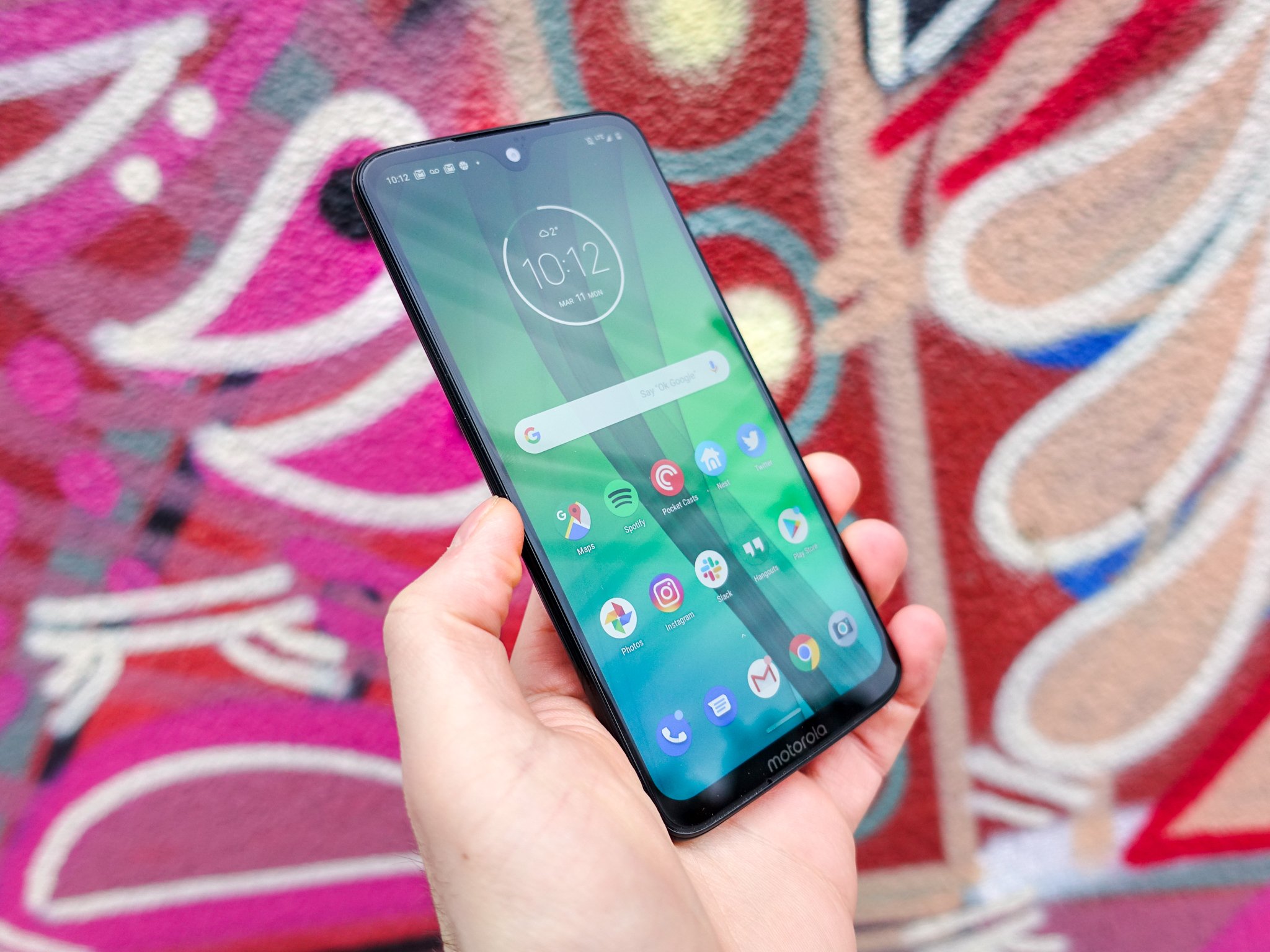
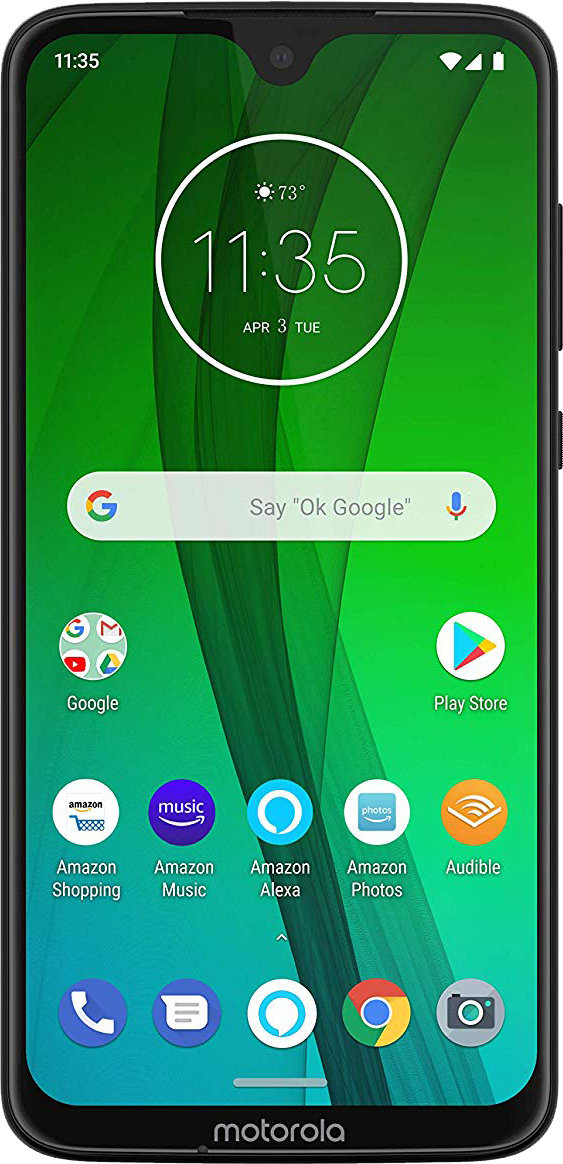
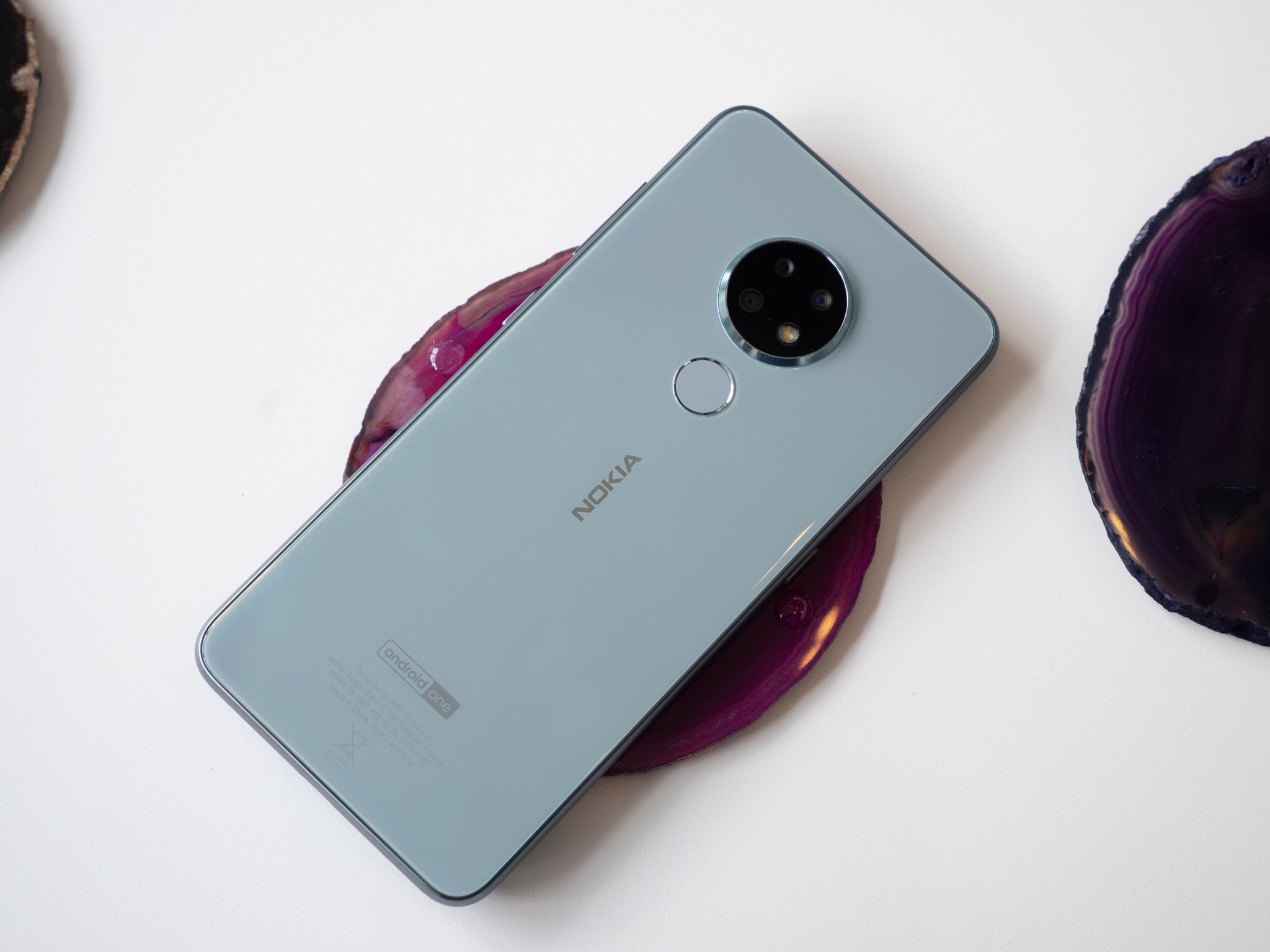
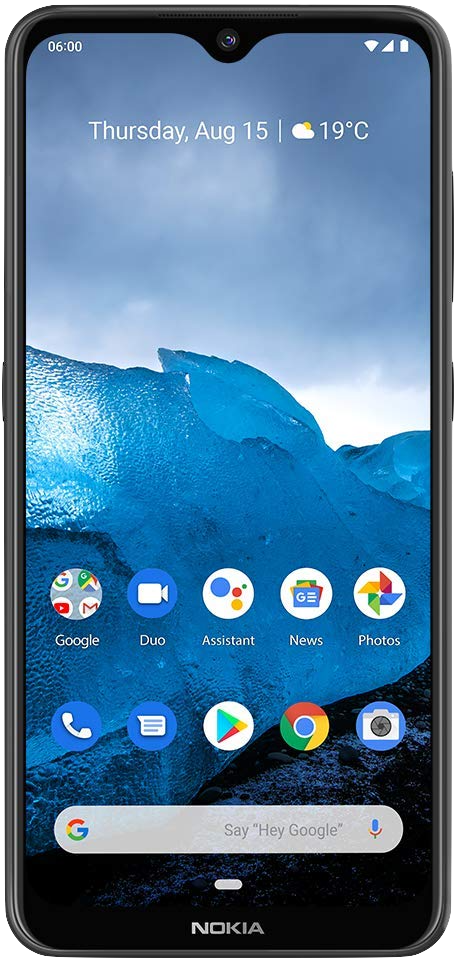
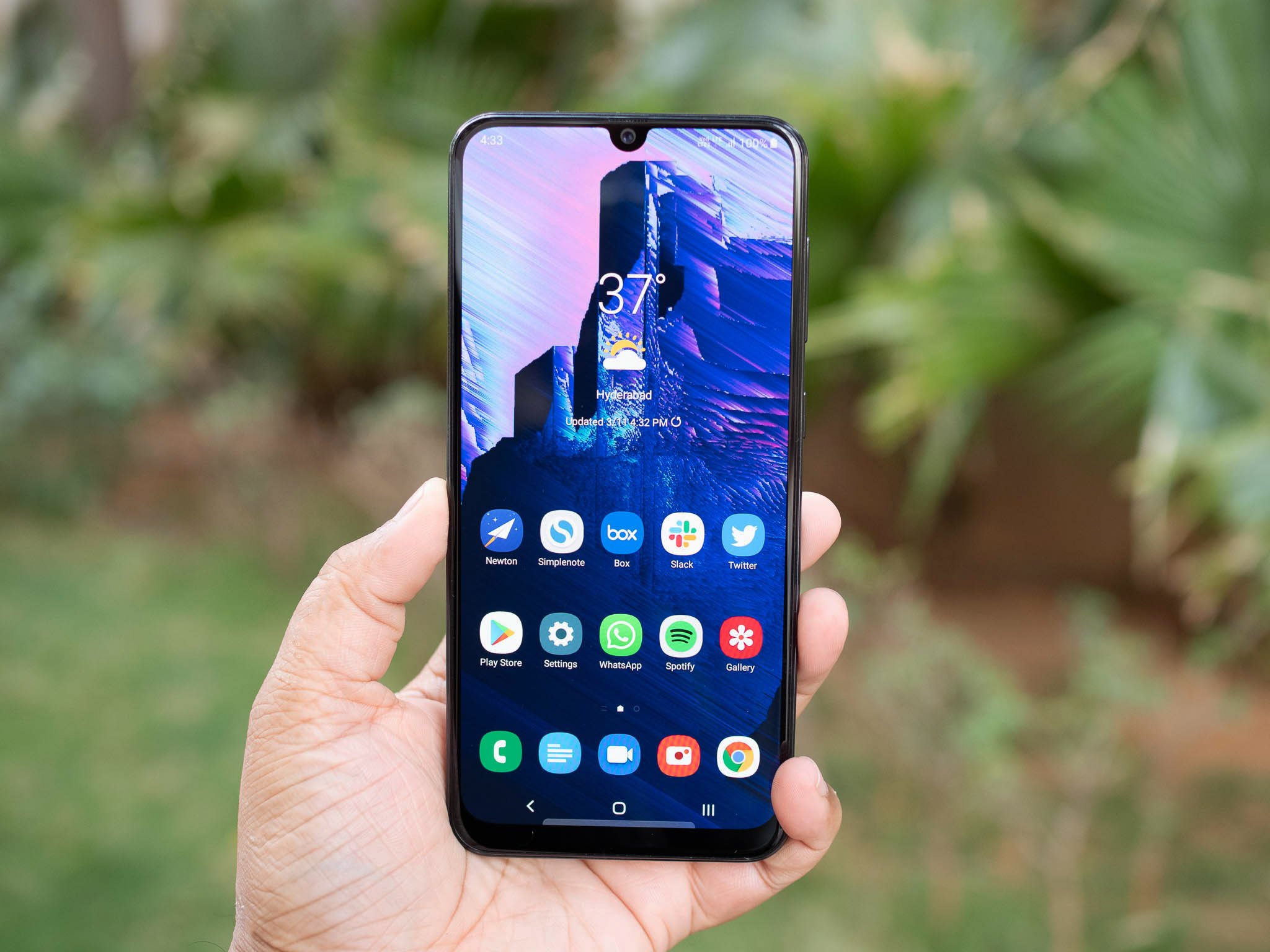
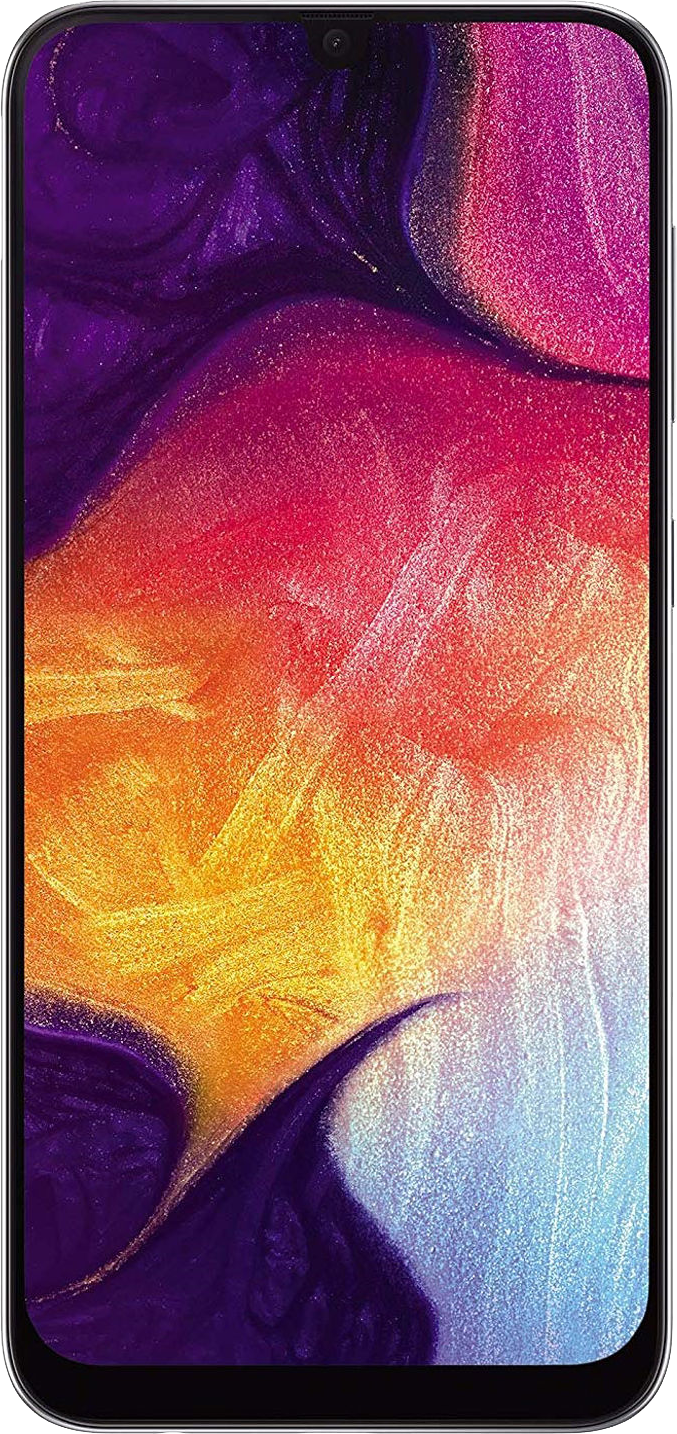
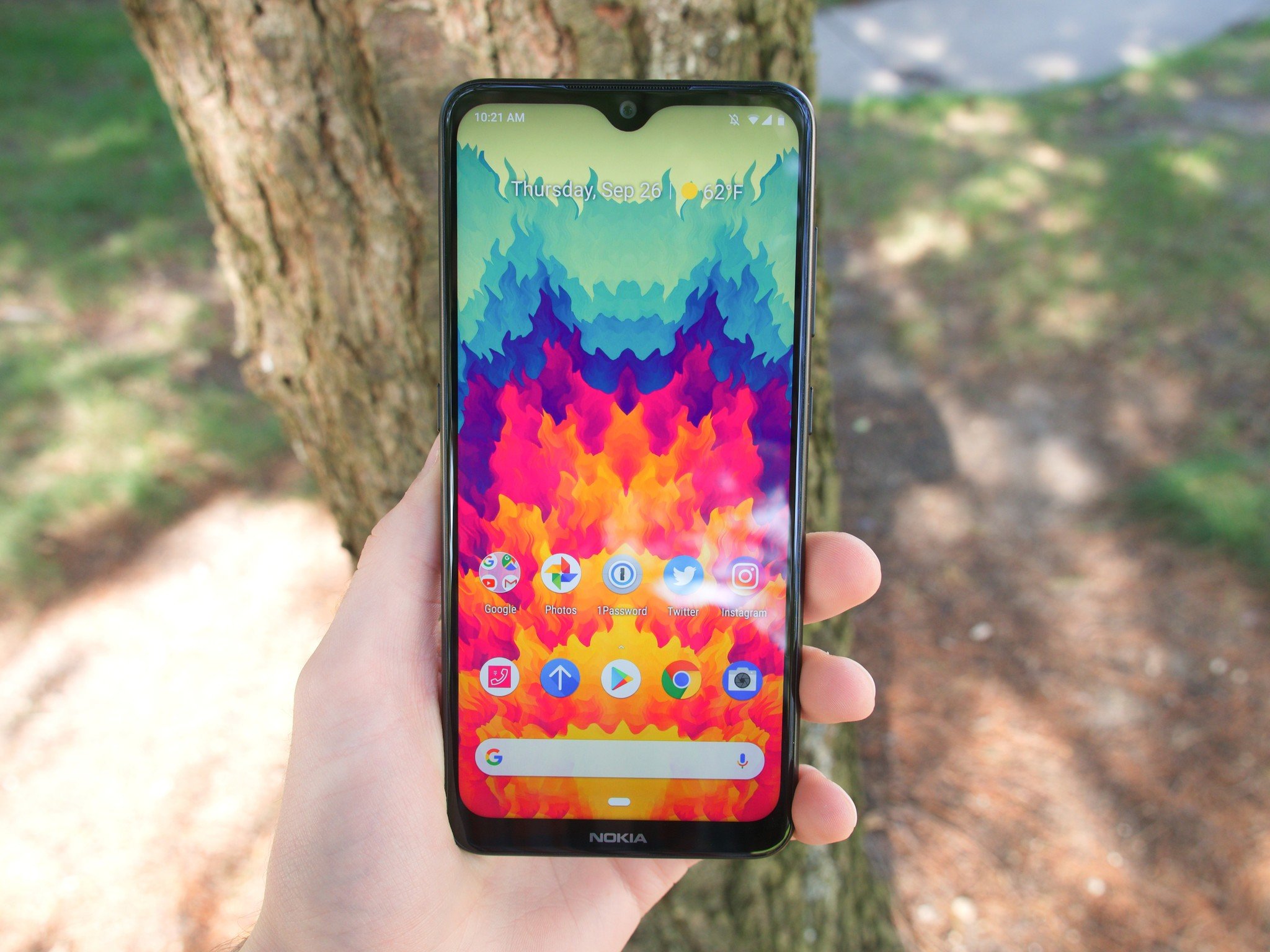
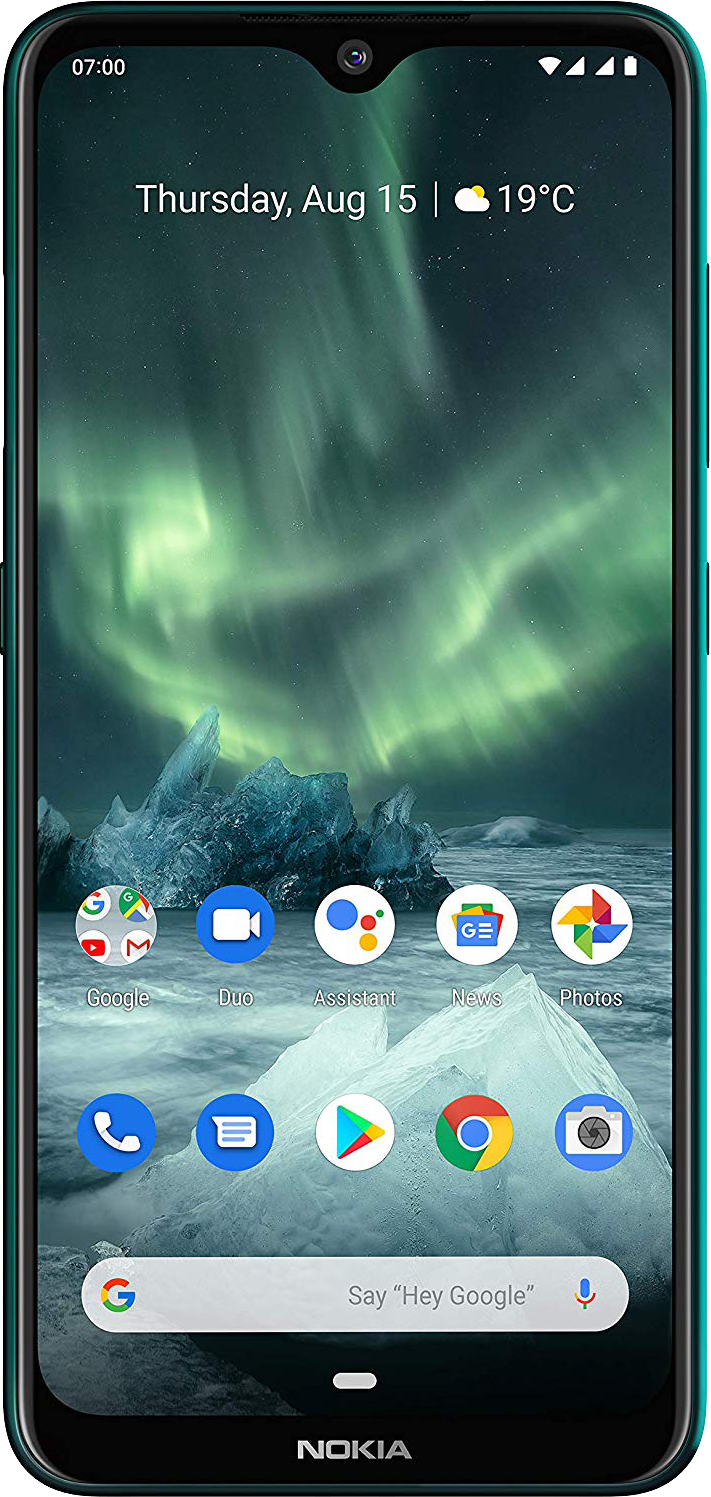
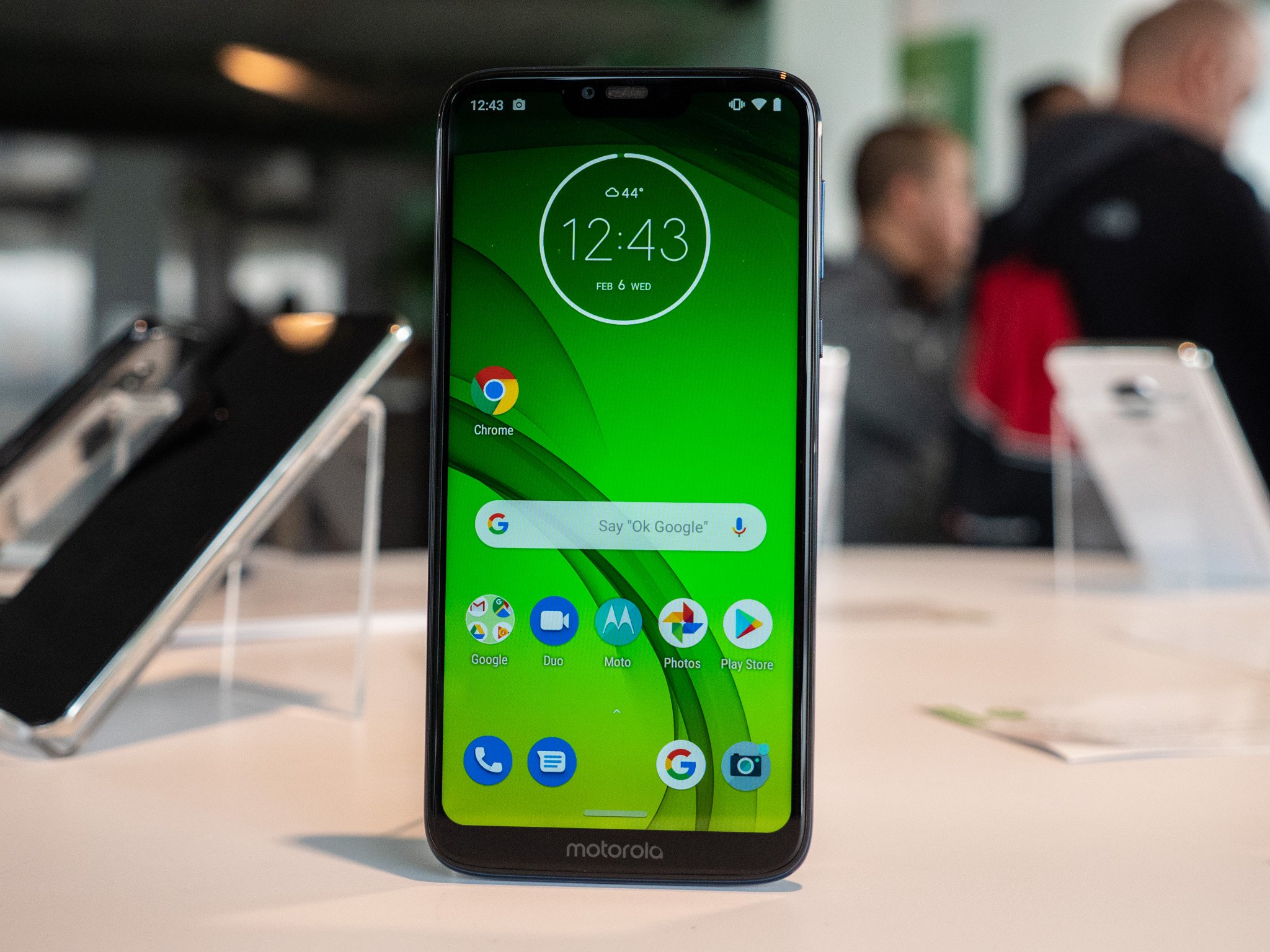
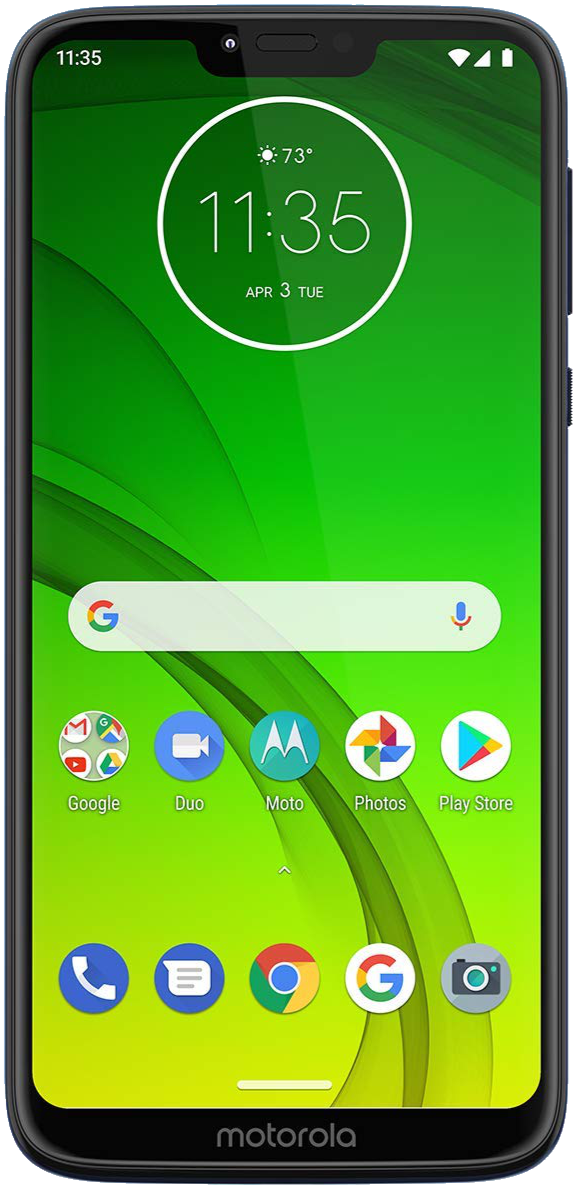
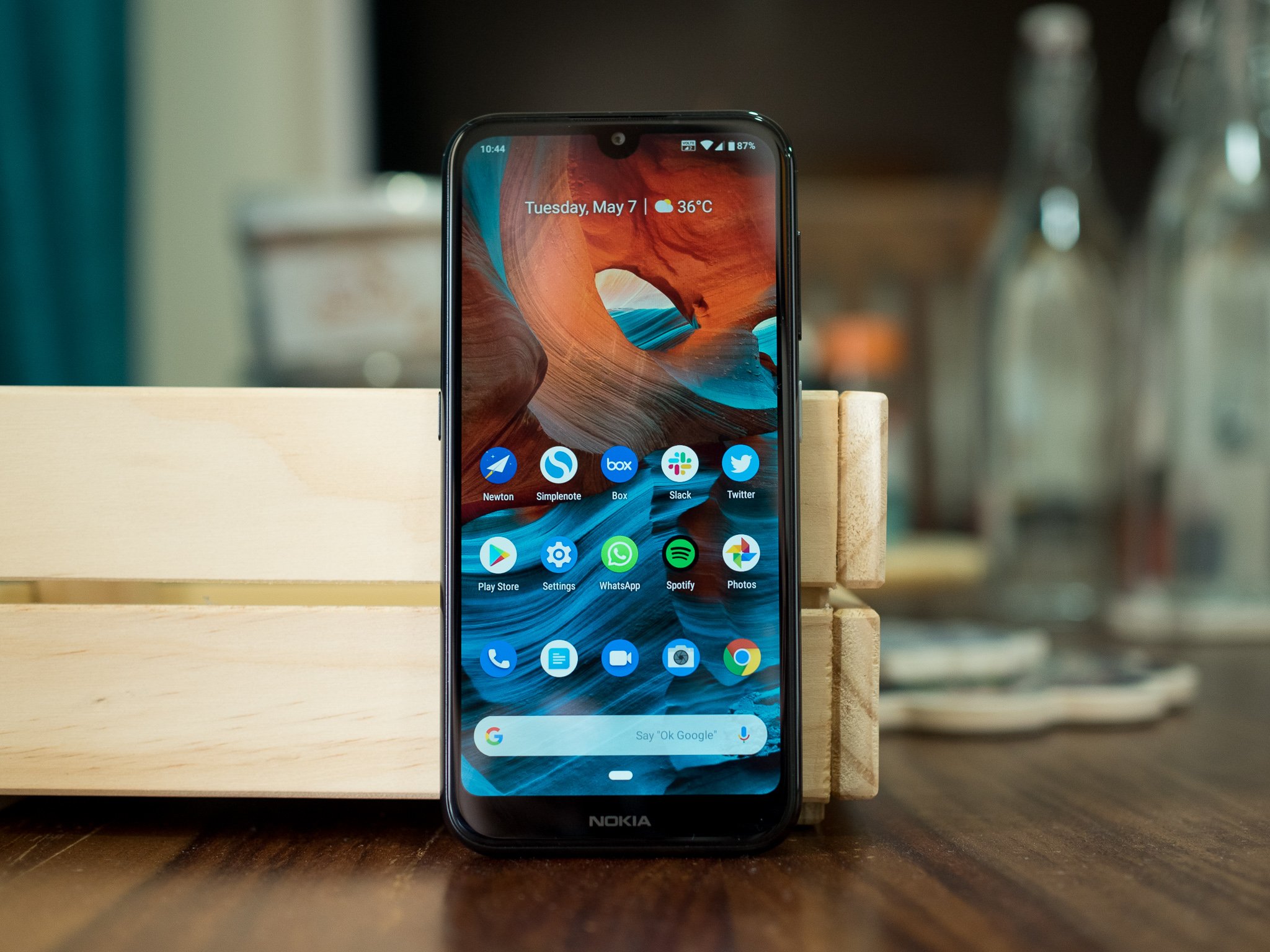
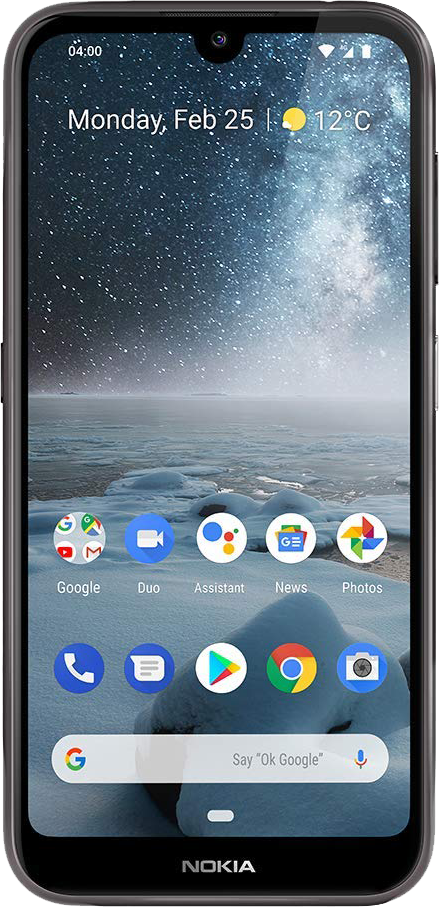
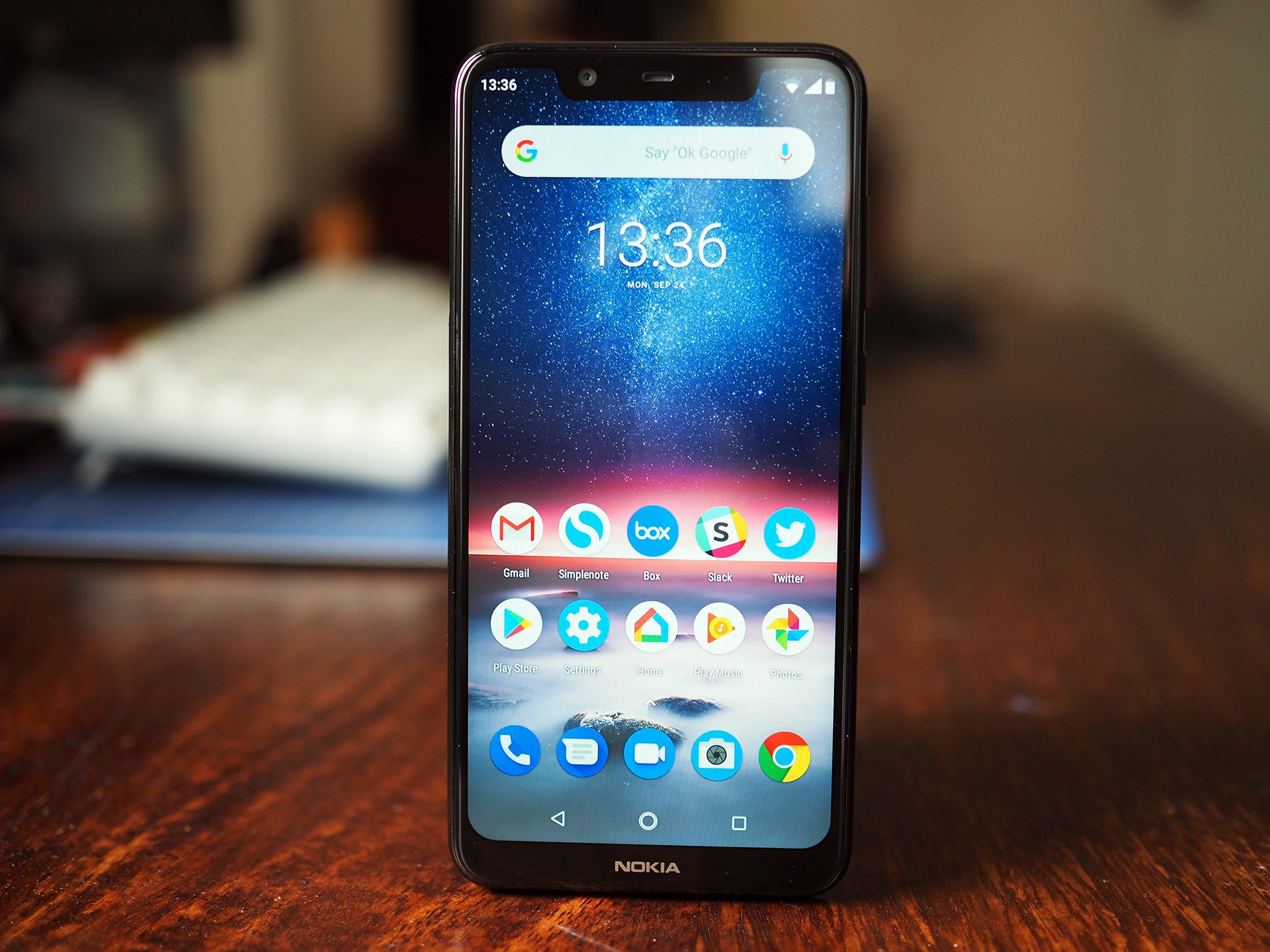

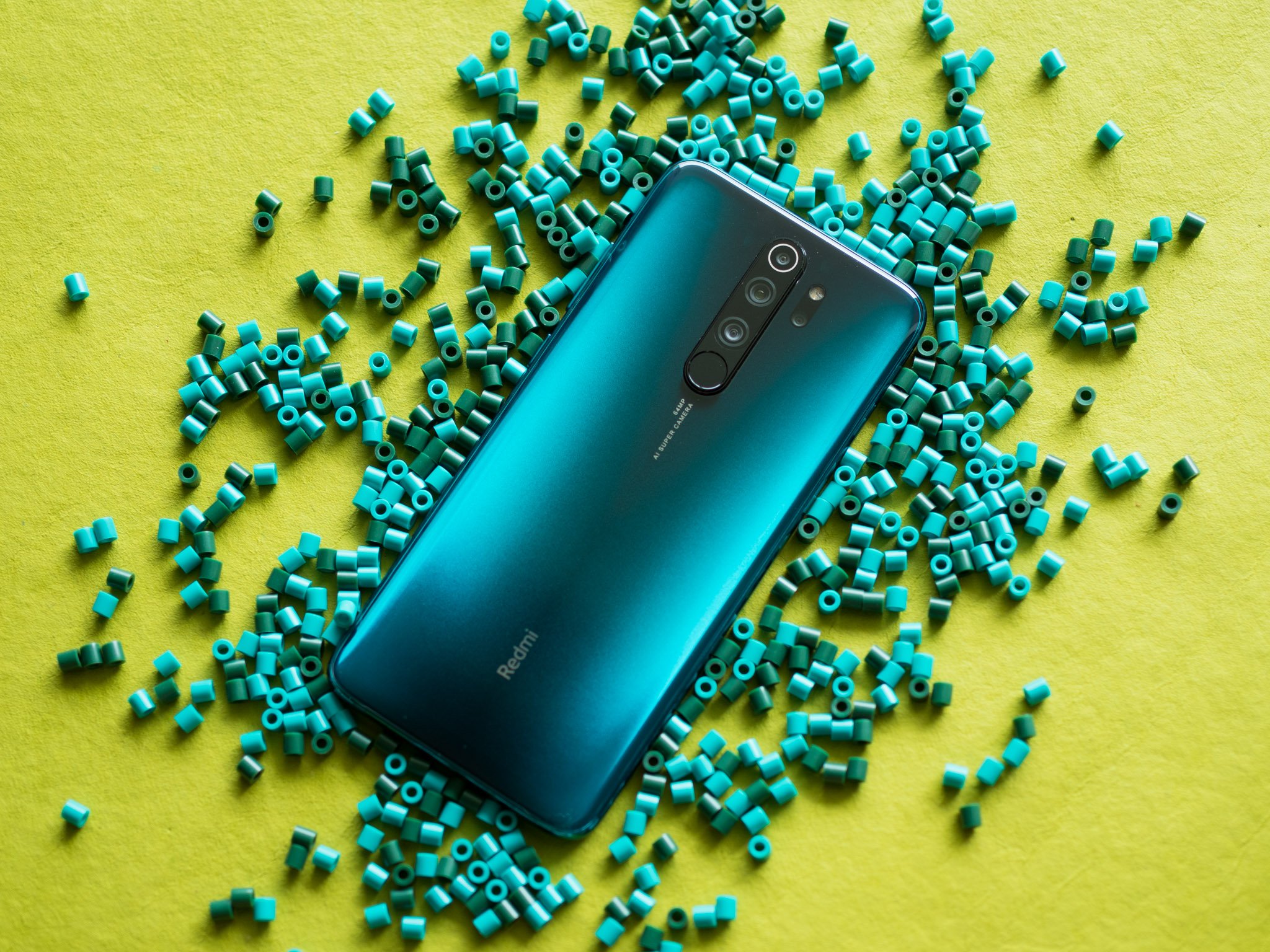

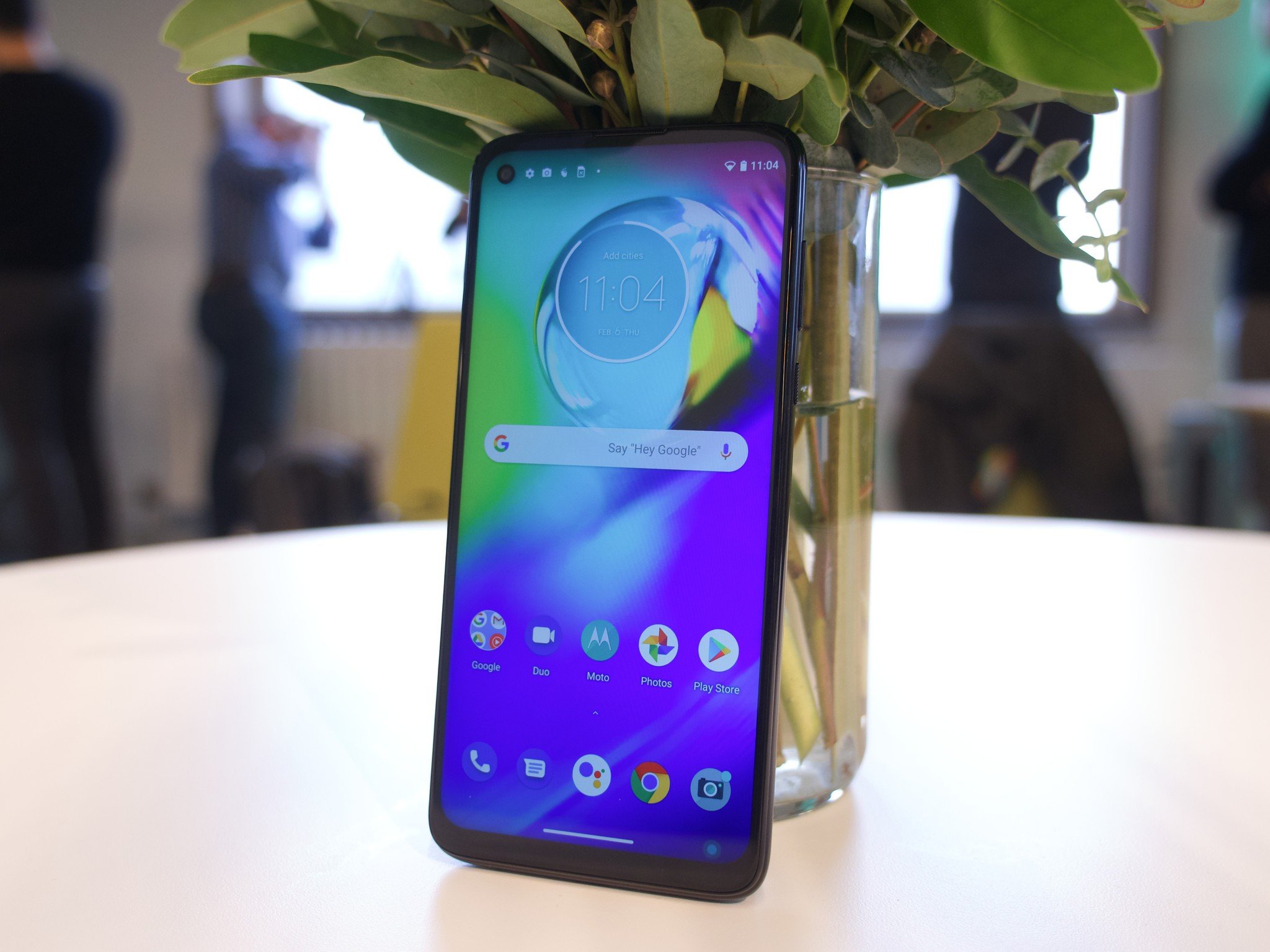

Aucun commentaire: